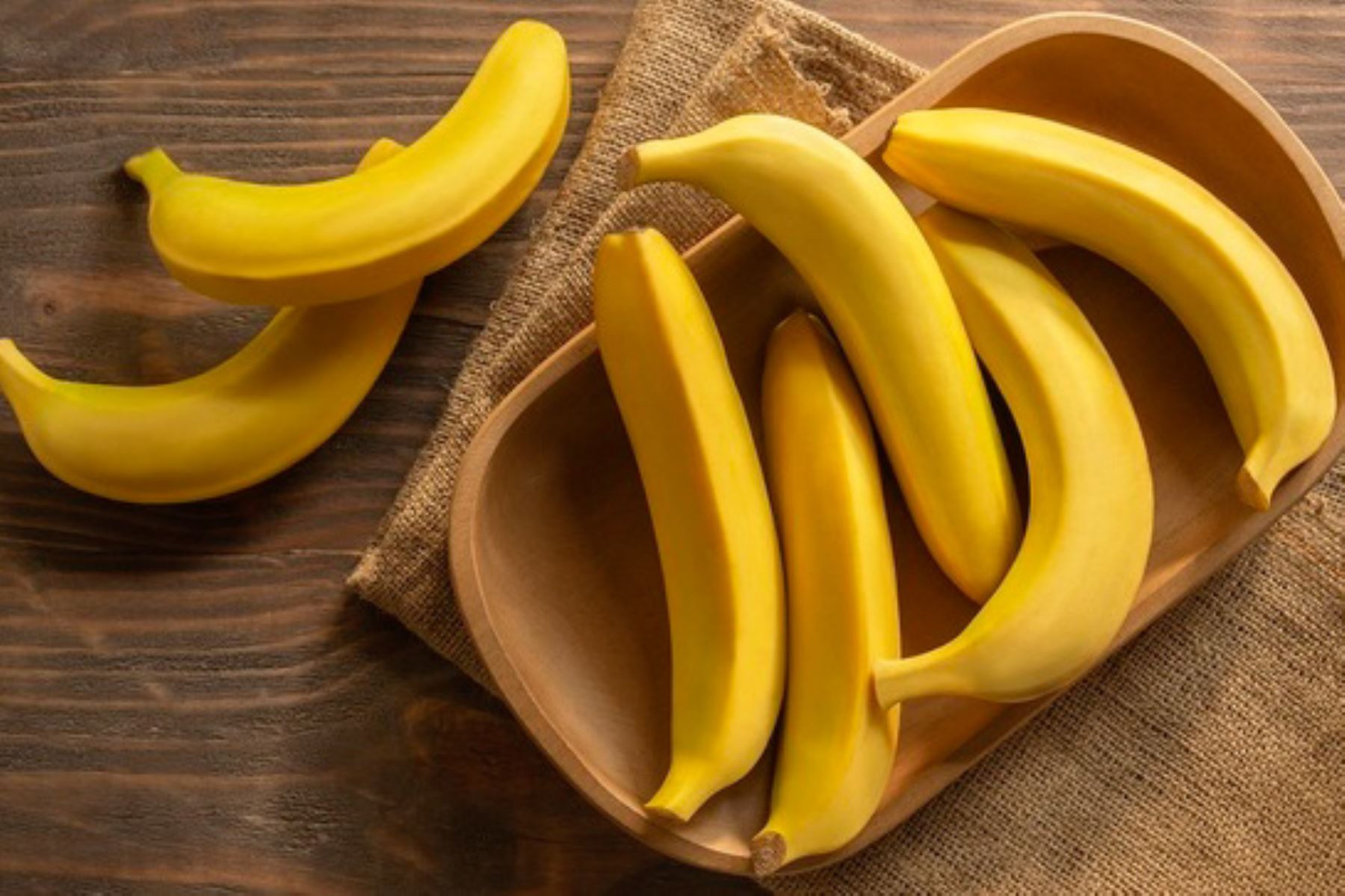
LIMA, Sep 14 (NNN-ANDINA) — Organic bananas are a highly sought-after international product due to being an excellent dietary choice and the growing concern for health among the population, leading to increased consumption of products free from synthetic fertilizers and pesticides.
For Peru, this fruit also represents a significant source of income, primarily for small-scale producers in the northern coastal region of the country, where banana cultivation is concentrated.
Piura is the region’s largest producer of fresh organic bananas, accounting for 60% of the national production, with 9,927 hectares out of the 16,500 certified hectares across the country. Tumbes, Lambayeque, and La Libertad follow to a lesser extent.
For the past ten years, Peru has ranked among the top exporters of this fruit, seeking leadership alongside Ecuador, Costa Rica, and the Philippines.
In 2022, organic banana exports reached US$117 million, and from January to June this year, the figure stands at US$58 million. The primary destination markets are the Netherlands, Panama, the United States, and Belgium, as well as Italy, South Korea, Japan, Germany, the United Kingdom, and Finland, among others.
In an effort to increase the presence of Peruvian organic bananas abroad, the Commission for the Promotion of Peru for Exports and Tourism (PromPeru), through the Macro-regional Office of Piura and Commercial Offices Abroad (OCEX), conducted a series of activities to support banana producers, in collaboration with Swiss Cooperation and the CEDEPAS Norte NGO.
In this regard, support was provided to producers in their participation in the German fair Fruit Logistica, as well as in virtual meetings with buyers from France, Switzerland, Sweden, Saudi Arabia, the Netherlands, and Germany.
Furthermore, a commercial tour was organized in Europe, allowing producers to gain a better understanding of food consumption trends and evaluate the status of Peruvian bananas in terms of costs, prices, promotion, and certification, among other factors.
This initiative aimed to revalue the image of the fruit as a quality product produced under socially and environmentally sustainable conditions.
The endeavor revealed opportunities for Peruvian bananas in the presentation of purees for children. To achieve this, agricultural cooperatives APPBOSA, Usuarios Rio y Valle, and APBOSMAM formed the Nor Chira Cooperative to produce this promising product for the European market.
“After visiting European supermarkets where we were able to see banana purees, we decided to take advantage of the product waste that occurs in the field, which can reach up to 25% of production,” said Miguel Borrero, General Manager of the APBOSMAN Agricultural Cooperative.
Recently, the first container of organic banana puree, totaling 22 tons, was shipped to the German market. “This is a product made for children and babies with the significant advantage of being organic, a characteristic not easily found in supermarkets, which is our unique selling point,” he explained.
Borrero noted that more than 40 organizations of small banana producers are hoping to join the newly formed Nor Chira Cooperative to achieve economies of scale and meet international demand for the benefit of northern Peru’s producers. — NNN-ANDINA
